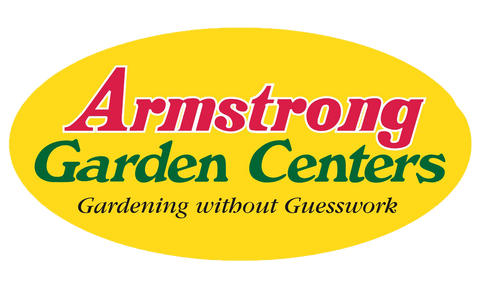Details
Edible Qualities
Eureka Lemon is a small tree that is typically grown for its edible qualities, although it does have ornamental merits as well. It produces yellow oval fruit which are usually ready for picking from early spring to late winter. The fruits have a tangy taste and a juicy texture.
The fruit are most often used in the following ways:
- Fresh Eating
- Cooking
- Juice-Making
- Sauces
Features
Eureka Lemon features showy clusters of fragrant white star-shaped flowers with buttery yellow eyes at the ends of the branches from early spring to late winter, which emerge from distinctive lilac purple flower buds. It has attractive dark green foliage. The glossy oval leaves are highly ornamental and remain dark green throughout the winter. It features an abundance of magnificent yellow berries from early spring to late winter.
This is a multi-stemmed evergreen tree with an upright spreading habit of growth. Its average texture blends into the landscape, but can be balanced by one or two finer or coarser trees or shrubs for an effective composition. This is a relatively low maintenance plant, and is best pruned in late winter once the threat of extreme cold has passed. It is a good choice for attracting birds, bees and butterflies to your yard. It has no significant negative characteristics.
Aside from its primary use as an edible, Eureka Lemon is sutiable for the following landscape applications:
- Accent
- Hedges/Screening
- Orchard/Edible Landscaping
- Container Planting
Care
Planting & Growing
Eureka Lemon will grow to be about 12 feet tall at maturity, with a spread of 12 feet. It has a low canopy with a typical clearance of 4 feet from the ground, and is suitable for planting under power lines. It grows at a medium rate, and under ideal conditions can be expected to live for 50 years or more. This is a self-pollinating variety, so it doesn't require a second plant nearby to set fruit.
This tree is quite ornamental as well as edible, and is as much at home in a landscape or flower garden as it is in a designated edibles garden. It does best in full sun to partial shade. It does best in average to evenly moist conditions, but will not tolerate standing water. It is very fussy about its soil conditions and must have rich, acidic soils to ensure success, and is subject to chlorosis (yellowing) of the leaves in alkaline soils. It is somewhat tolerant of urban pollution. This is a selected variety of a species not originally from North America.
Eureka Lemon is a good choice for the edible garden, but it is also well-suited for use in outdoor pots and containers. Its large size and upright habit of growth lend it for use as a solitary accent, or in a composition surrounded by smaller plants around the base and those that spill over the edges. It is even sizeable enough that it can be grown alone in a suitable container. Note that when grown in a container, it may not perform exactly as indicated on the tag - this is to be expected. Also note that when growing plants in outdoor containers and baskets, they may require more frequent waterings than they would in the yard or garden.































